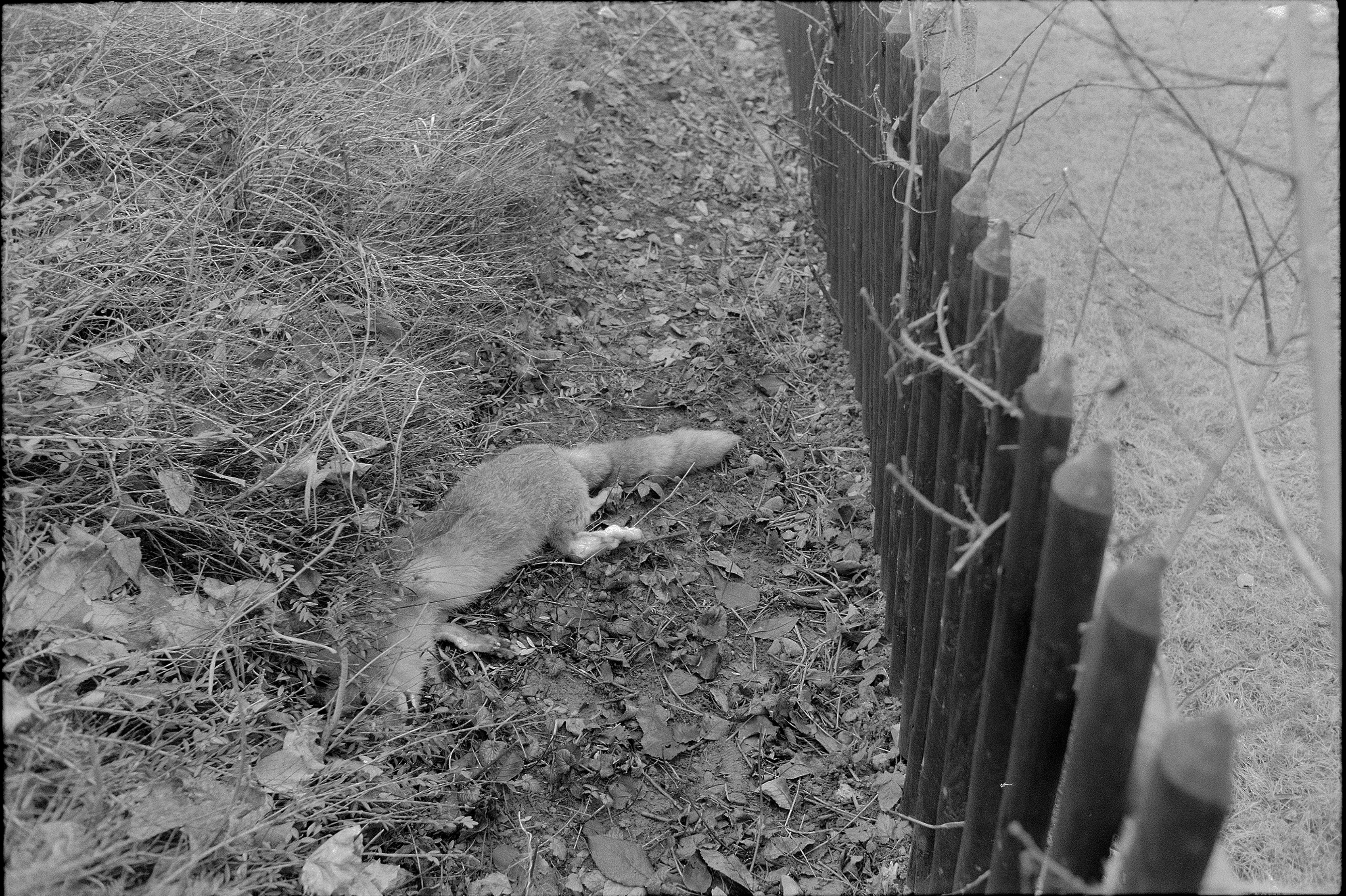
Rabies creeps closer to the Swiss border

An outbreak of rabies in northern Italy has neighbouring Switzerland preparing for the worst, according to the Federal Veterinary Office.
While the affected area is around 100 kilometres from the Swiss border, officials are keeping a close eye on the situation. Switzerland has been free of the deadly virus since 1998.
“For the first time in a long time, there’s the small possibility that rabies will be re-introduced by foxes,” Veterinary Office spokesman Marcel Falk told swissinfo.ch.
Italy has seen an alarming increase in rabies cases: from nine in 2008 to 69 in 2009 and 199 in the first half of 2010.
Most of the affected animals were foxes, but there were also some dogs, cats, deer and other mammals.
It is believed that virus-carrying foxes wandered into Italy from eastern Europe, where rabies is quite common.
“In the meantime, Italy has implemented a strong fight against rabies – so they’re really doing a lot at the moment,” said Falk.
Innovative approach
The Swiss have long been involved in working against the virus. In the 1960s and 1970s the authorities ordered chicken heads stuffed with vaccine to be placed on the ground in high-risk countryside areas.
“Switzerland invented the way that rabies is now eradicated,” Falk said.
Commercially produced bait has now replaced the bird leftovers. These brown snack bars have a fishy flavour to conceal the taste of the medicine. It is the standard way to fight rabies among wild animals, which are difficult for vets to reach with vaccine shots.
In South Tyrol, Italian wildlife wardens have been busy scattering the bait. That’s not on the agenda in Switzerland yet, but the authorities say they are prepared to launch a campaign at short notice.
“If you asked me today whether rabies would come to Switzerland or whether Switzerland would have to start a programme to vaccinate foxes, I would say probably not. But I would say we are preparing for the worst-case scenario,” said Falk.
Local authorities have increased observation in canton Graubünden’s Münster and lower Engadin valleys, which serve as natural gateways to Italy. Dead, ill and oddly behaving animals are being sent to vets for examination.
Not afraid at all
Dorli Equilino, who breeds golden retrievers in Graubünden, has faith in the programmes designed to prevent the spread of the virus on both sides of the border.
“I’m not afraid of rabies at all,” Equilino told swissinfo.ch. Swiss breeders haven’t had to vaccinate their animals for several years now, but those who travel outside of the country do, she said.
“I vaccinate my dogs against rabies because I often go abroad for dog shows, and when I go to Germany or Austria, for example, I have to have [documentation of] the inoculation,” said Equilino.
Rabies is also a topic among Graubünden’s farmers, but not necessarily a worry yet.
“For our cows it’s not a direct threat. I know of very few cases of when cows have been infected,” Gian Peter Niggli told swissinfo.ch. He raises Black Angus cattle in Samedan. In summer, the animals head for the hills to graze.
“If rabies was a risk, though, we’d probably vaccinate against it,” said Niggli.
Human risk
“The risk in general for people or pets hasn’t really increased,” said Falk, pointing out that most nations worldwide are “full of rabies”. He noted that it is an exception when a country is rabies-free.
Falk said that while hikers don’t need to take any special precautions in Switzerland, they should be wary when meeting local and foreign fauna.
“People should always be careful when in contact with wild animals. If a fox isn’t fleeing but approaching you, then something is wrong,” said Falk.
Creatures infected with rabies tend to move strangely as if they can’t see straight, and they may drool or foam at the mouth.
People visiting tropical countries should keep a distance from stray dogs, cats, monkeys and other animals, according to Safetravel.ch. The website posts advice from the Federal Health Office and travel medicine experts.
It recommends rabies vaccinations for people who work with animals or who plan to spend a lot of time in the wilderness during their travels.
Safetravel.ch also suggests inoculations for travellers spending more than a month in areas where rabies is a risk.
Meanwhile, the Federal Veterinary Office requires pets entering Switzerland from abroad to have a valid rabies vaccination – so people taking Fido and Fluffy on holiday need to plan ahead.
Rabies is a viral disease that is fatal for humans and other mammals. It is typically spread through saliva when an infected animal bites, scratches or licks its victim. The disease then travels through the nervous system and causes encephalitis – an inflammation of the brain.
The incubation period can last for a few months. By the time symptoms like headaches, fever and excitability appear, it is generally too late to treat the disease. This is why it is essential to have a doctor inspect the wounds immediately.
Treatment includes a series of jabs to deactivate the virus. Earlier this week it was announced that British singer Samantha Fox had required medical attention after a rabid cat bit her in Thailand.
According to Safetravel.ch, rabies kills about 50,000 people per year.

In compliance with the JTI standards
More: SWI swissinfo.ch certified by the Journalism Trust Initiative




























You can find an overview of ongoing debates with our journalists here . Please join us!
If you want to start a conversation about a topic raised in this article or want to report factual errors, email us at english@swissinfo.ch.